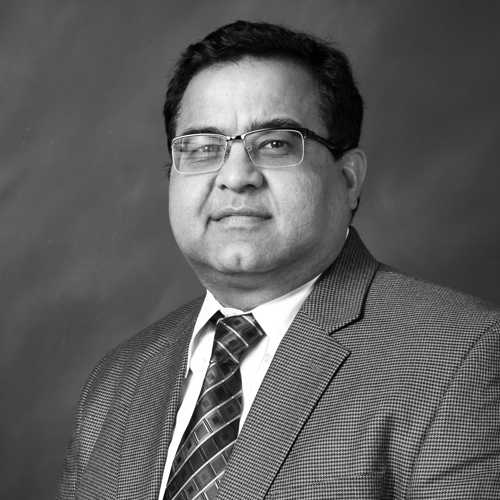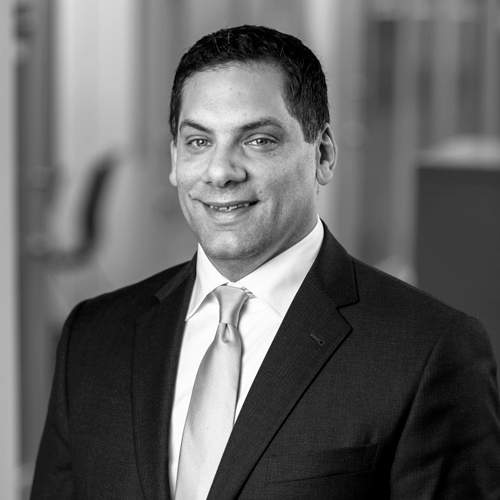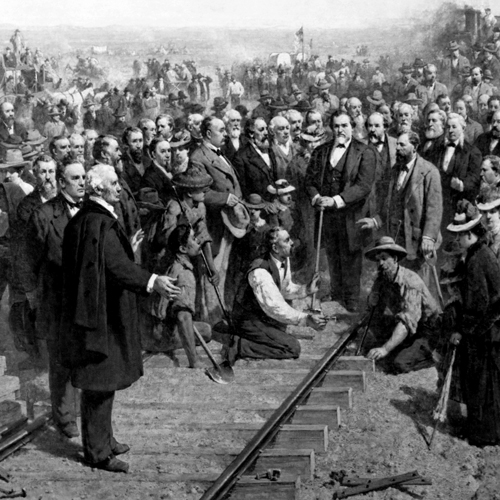Prakash Chainani’s twenty-three years working in the pharmaceutical industry—both for Indian and US drug companies—have given him a firm grounding and a deep understanding of the industry that makes his approach to management sound as easy as one-two-three. But coming from India to the United States had its challenges, which he turned into working assets over the last nine years in his posts as chief financial officer and vice president of IT for two global companies based in India that have operations in the United States.

Being trained in India, Chainani brought an innate and practical knowledge of doing business there. But learning the ropes of American culture brought challenges and new insights. “Initially it was very difficult because I had to unlearn so much and then relearn,” Chainani explains. “The US was a big challenge in terms of size, culture, processes, and people. It’s nothing like in India. In the US, everything is big and extremely time bound. Culturally, India is totally different. Working hours are longer and staff is easily available.”
His professional career took a leap when he began working at Wockhardt in 2007. “I believe I have been blessed to deal with so many challenges so early in my career. Wockhardt offered me a free hand to set up my department and to learn and grow,” Chainani says. “I learned how mergers and acquisitions are handled and what kind of compliance issues we had to trace. There were a lot of things that happened in a short period of time. That’s how I grew. I also had the privilege of working with some of the best bosses who entrusted me with so many responsibilities. After six years I moved on.”
Chainani says he got in at the right time and embraced the challenge. “I got an opportunity of a lifetime—to add value to everything I knew, create a new department, write job descriptions, match staff to their skill sets, manage IT and government pricing, and be responsible as a leader for the entire financial compliances, including taxation and treasury management,” he explains.
How to create a financial team that’s nimble and attuned to the distinct needs, culture, and particulars of a specific industry takes a special set of skills. Chainani almost takes that deep understanding for granted, though it has come with years of being in the business. “You have to know the job yourself,” he says. “You have to set the right expectations with the management and be as transparent as possible with your staff and coworkers. Once all that is determined, things fall in place.”
For instance, Chainani says one does not want to overstaff a certain department, and at the same time, not understaff others. “In the generics market, there is a great deal of gross-to-net accounting. So I learned about the entire gross-to-net for the entire generics industry through my friends and associates,” he says. “Also, I attended many industry GTN conferences, where I gained clarity. I staffed my gross-to-area adequately because that’s a very important area.”
Chargebacks can bleed a company to death if not taken care of, according to Chainani, who notes the similarity to rebates, as there are also huge payouts. “With banking, you need to have a strong person who understands relationship building,” he says. “Similarly with accounts receivables and payables, you need people who have worked in a similar setup. The industry is seeing massive changes on account of consolidations so we have to be extremely focused on accounts receivable or collections get impacted badly. I’ve been setting up priorities in such a way to have the right resources handling the right functions, staffing teams adequately, and at the same time, keeping an eye on changes in the industry.”
He describes his approach simply. “Take care of your people, number one. Number two, you have to make sure that the compensation is adequate for industry standards,” Chainani says. “And most importantly is number three—you have to be more like a mentor to them all the time. You have to be sensitive to their needs, and at the same time you have to be tough. Their work demands you to be tough. I believe it’s a mix of my personality and my knowledge base, which helps this happen the right way.”
Chainani’s journey has given him opportunities that landed him in top management positions, made him the recipient of industry awards, and established him as a respected leader in the pharmaceutical industry. He’s a regular panelist and speaker at industry forums. He recognizes his shortcomings, but also sees how he could “try to make those weaknesses workable into strengths,” which he says is an essential part of his management philosophy. “I believe that everyone could be adding value for you company,” he says.
“That’s the way I work.”

